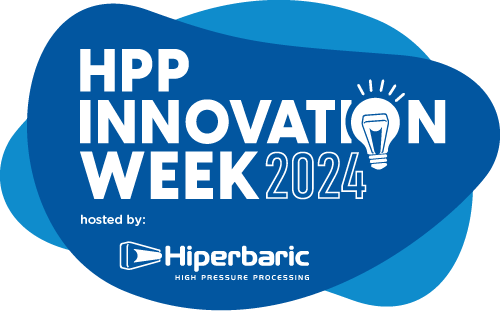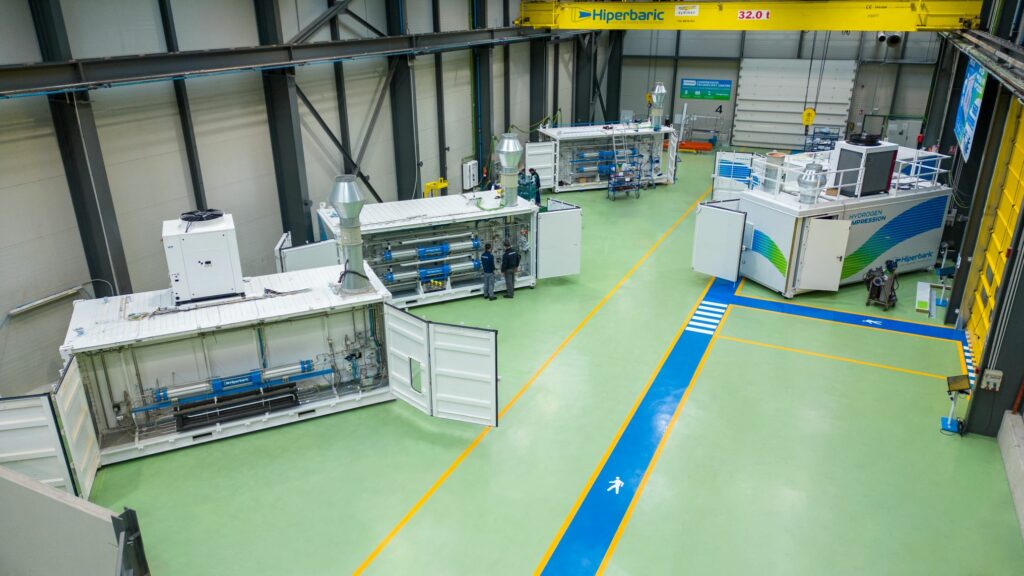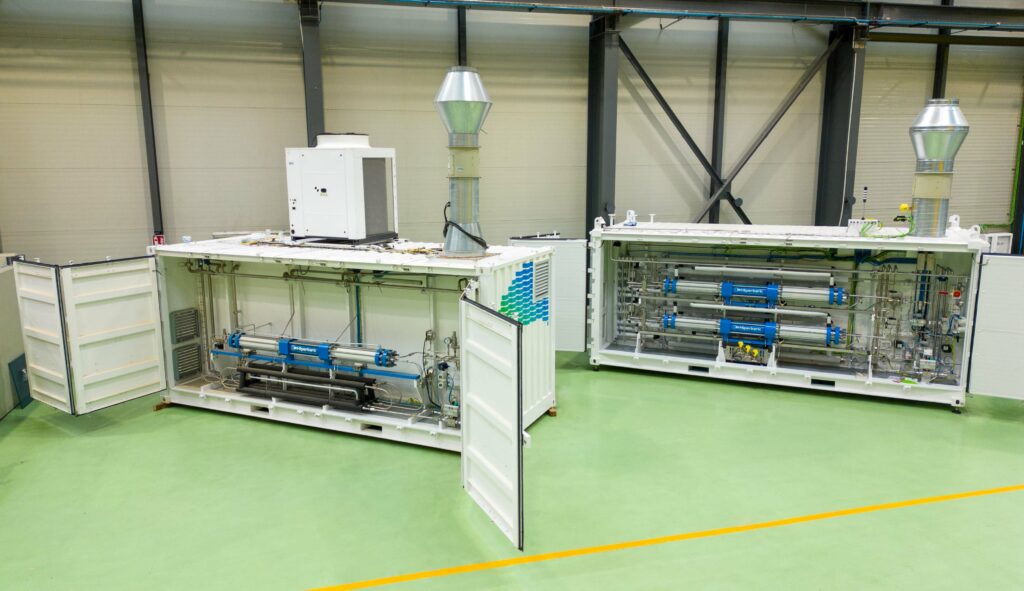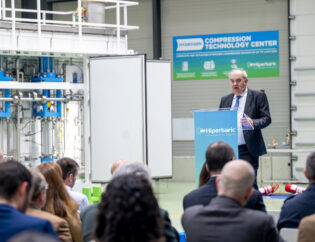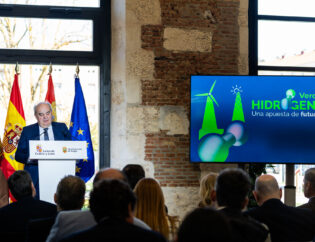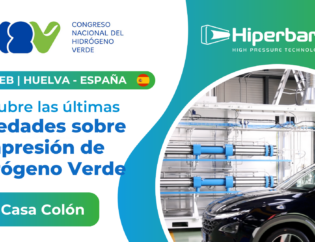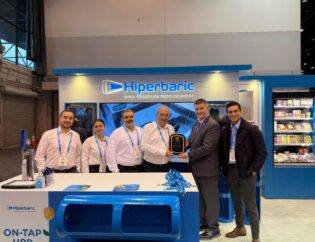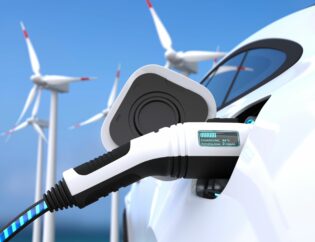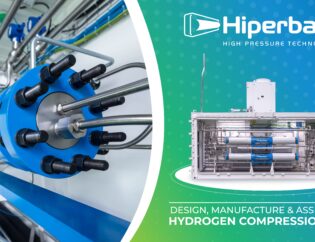
Energy efficiency is a crucial factor in evaluating alternative fuels for industrial applications, transportation, and power generation. Compressed hydrogen stands out as a promising option, offering numerous advantages over other alternative fuels. Below, we analyze in detail how the energy efficiency of compressed hydrogen compares to other alternative fuels, highlighting its benefits and challenges.
1. High Energy Density
Compressed hydrogen has a high energy density per unit mass compared to many alternative fuels. This means it can store and release a large amount of energy relative to its weight. For example, hydrogen contains approximately 33.3 kWh per kilogram, which is nearly three times the energy density of traditional fossil fuels like gasoline and diesel. This high energy density is especially beneficial for transportation applications, where the weight of the fuel is a critical factor.
2. Conversion Efficiency in Fuel Cells

One of the primary advantages of compressed hydrogen is its use in fuel cells. Fuel cells convert hydrogen into electricity through an electrochemical reaction, with a conversion efficiency that can exceed 60%, much higher than the efficiency of internal combustion engines, which typically have an efficiency of 20-30%. This high conversion efficiency means that vehicles and systems using compressed hydrogen can better utilize the stored energy in the fuel, resulting in lower consumption and greater ranges.
3. Comparison with Electric Batteries
Electric batteries are also a popular form of energy storage, especially in electric vehicles. However, batteries have a significantly lower energy density than compressed hydrogen. For example, lithium-ion batteries, commonly used in electric vehicles, have an energy density of about 0.25 kWh per kilogram. Although batteries are very efficient in terms of energy conversion (around 90-95%), their low energy density can limit range and increase vehicle weight, especially in long-distance or heavy-duty transport applications.
4. Comparison with Biofuels and Natural Gas
Biofuels and natural gas are other alternatives to traditional fossil fuels. Biofuels, such as ethanol and biodiesel, have an energy density comparable to fossil fuels but their production and use can generate carbon emissions and other pollutants. Compressed natural gas (CNG) has an energy density of about 15.6 kWh per kilogram, which is lower than compressed hydrogen. Additionally, while natural gas is cleaner than oil, it is still a fossil fuel with CO2 emissions.
5. Environmental Impact and Sustainability
Compressed hydrogen stands out not only for its energy efficiency but also for its positive environmental impact. When used in fuel cells, the only byproduct is water, eliminating greenhouse gas emissions and other pollutants. In comparison, the combustion of biofuels and natural gas still produces CO2 and other contaminants. Moreover, hydrogen can be produced through electrolysis using renewable energy, enabling a completely carbon-free production and long-term sustainability.
6. Challenges and Considerations
While compressed hydrogen has many advantages, it also faces challenges. The production, storage, and distribution of hydrogen can be costly and require specific infrastructure. Additionally, the overall life cycle efficiency of hydrogen depends on how it is produced. Hydrogen production from fossil sources (grey hydrogen) is less sustainable than production from renewable sources (green hydrogen).
Conclusion
Compressed hydrogen offers high energy efficiency and numerous advantages over other alternative fuels, including a high energy density, superior conversion efficiency in fuel cells, and a significantly lower environmental impact. Although it faces challenges in terms of costs and infrastructure, its potential to contribute to a clean and sustainable energy economy is enormous. At Hiperbaric, we are committed to innovation and the development of technologies that facilitate the use of compressed hydrogen, supporting the transition to a more sustainable and efficient energy future.
If you want to know more about hydrogen compression, and our Plug&Play solutions, do not hesitate to contact our experts.

